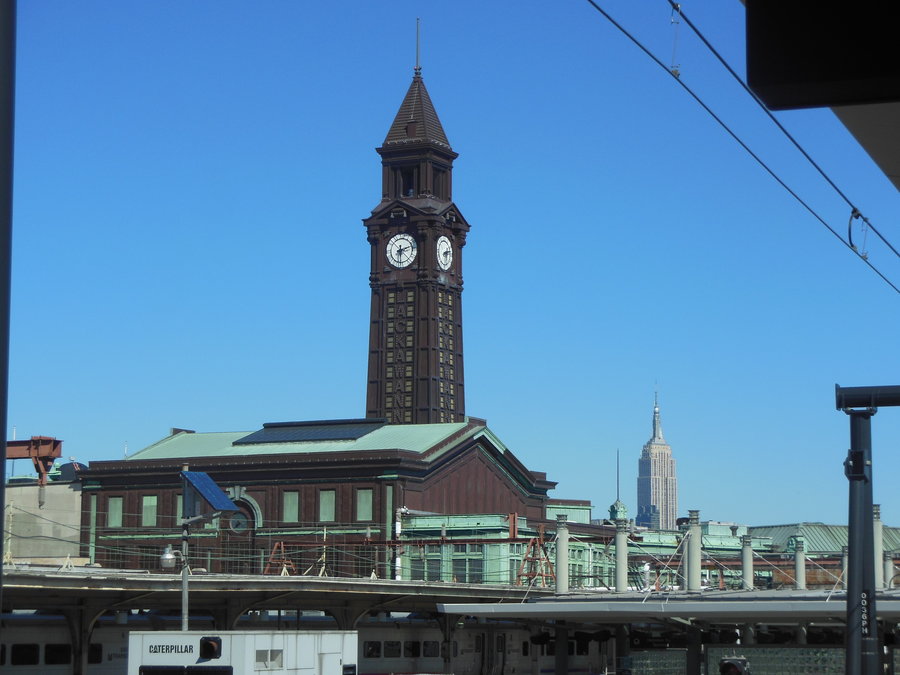HOBOKEN — On Nov 16 the Federal Railroad Administration (FRA) announced they are working on regulations to address worker fatigue and will issue a safety advisory to push for railroad companies and agencies to address this concern. This comes in the wake of the Hoboken Terminal train crash in September which injured over 100 people and killed Hoboken resident Fabiola De Kroon. Thomas Gallagher, the train engineer, has reportedly been diagnosed with untreated sleep apnea, although the federal investigators have yet to conclude it could be the cause of the crash.
Last week, NJ Transit stated that it no longer allows its engineers who exhibit symptoms of sleep apnea to operate trains until properly diagnosed and treated.
“The Sleep Apnea Screening Process has been in place since at least 2005; however, we instituted an interim measurement of the screening process in October 2016 [after the crash] when NJ TRANSIT’s new physician took a look at the physical exam process, one of which was sleep apnea.” said Nancy Snyder of NJ Transit.
After the crash, the engineer said he did not remember the impact.
Snyder also said NJTransit has taken other safety measures, including having a conductor ride in the cab car with the engineer when arriving at Hoboken and Atlantic City Terminals. Also, NJ Transit has reduced the speed limit in Hoboken Terminal from 10 mph to 5 mph. A preliminary report suggested that the train sped up when entering the terminal and was going 21 miles per hour when it slammed into the end of the rail line.
In March of this year, the FRA had released an Advance Notice of Proposed Rulemaking (ANPRM). This is the first step of the FRA in which they will consider whether to propose requirements on railroads which will specifically address sleep apnea.
In light of Hoboken crash, NJ Transit won’t allow engineers who exhibit apnea symptoms to operate trains
